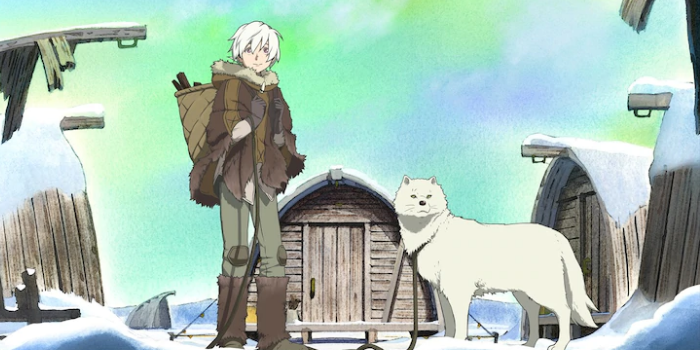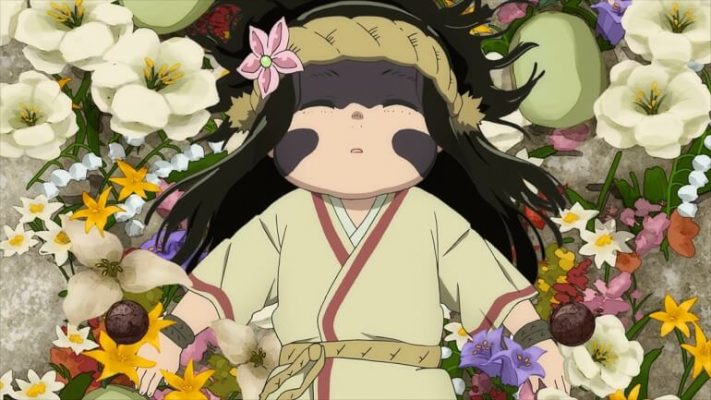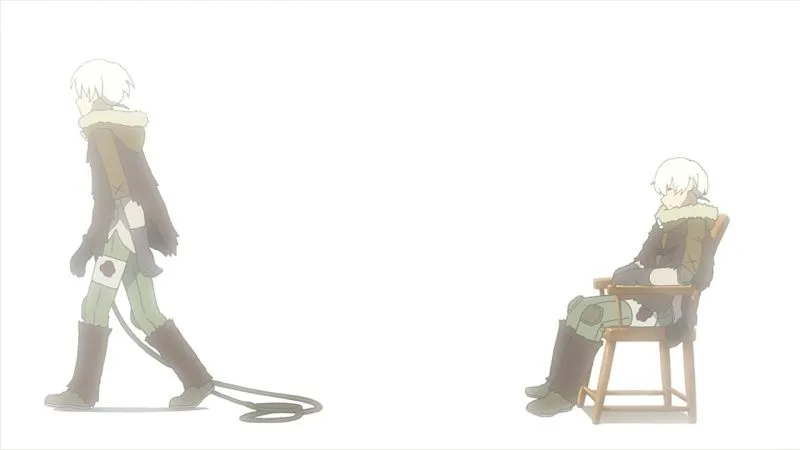So guys, we've already created a post talking about the curious ideological aspects of Tokyo Revengers, which you can see by clicking here . But, now we bring you the Curiosities of To Your Eternity with its mixed philosophy and which were essential for the entire success of the anime . Without further ado, let’s find out a little more about the work:

Curiosities about To Your Eternity – Idealism as a Starting Point?
For those who don't know the work, it revolves around a being that evolves, gaining feelings and adapting to adversity. Therefore, the first thing we notice is that even though he is not a real human, he is at the same time. This happens because he learns over time everything that society at that time imposed on him. In other words, in this regard he is no different from a developing child.
On the other hand, we then conclude that the first philosophical doctrine we see in the anime is Idealism. Since, the condition of evolution of the creature came from ideas. More precisely his curiosity, where at the beginning he has shown himself to be quite innocent, but at the same time attractive.
Curiosities about To Your Eternity – Secondary characters as protagonists?!

Furthermore, all the diversity regarding philosophy is not limited to just our main character. This becomes very obvious when we meet March and Parona, where they both follow an Existentialist ideology. Therefore, this becomes clear when they break the village's laws out of a greater desire to do whatever they want, without being bound by rules. Furthermore, even though it showed that their actions were fruitless, the work welcomed both and gave an end worthy of those who follow their beliefs.
Other Philosophical Doctrines

Even though it is volatile and has the presence of several thoughts, the work still openly denies others. Therefore, this is the case of Rationalism, since practically all of the most important decisions in the anime were made with feelings and not with logic. Consequently, there was no shortage of losses and disasters that perhaps could have been avoided. Anyway, maybe exclusion is a criticism of rationalism? Show us that it is essential? Or perhaps it reveals to us that we are incapable of having it in the most important situations?
Furthermore, in the most recent episodes of the work, we follow the Nihilist movement that is strongly present. In fact, she has already shown herself a lot during the plot, but she has been gaining more strength over time! Because, with an immortal character, he ends up witnessing the death of several loved ones, which creates discomfort and a tremendous existential crisis. In any case, the presence of death has been present since the first episode and perhaps this only serves to show us that regardless of your ideals, the end is the same for everyone.
Conclusion
In short, all this mix of ancient and contemporary philosophy, in addition to a dose of adventure and action scenes, makes the work one of the best of the moment. Therefore, when addressing contradictory and complex themes, it leaves us not only moved, but also open to reflection. Finally, it is worth highlighting all the talent in the production, such as the soundtrack and even the animation, which are sensational.
That's it guys, I hope you enjoyed another different view of anime, and if you have any criticism or suggestions, leave them in the comments. Until next time!
